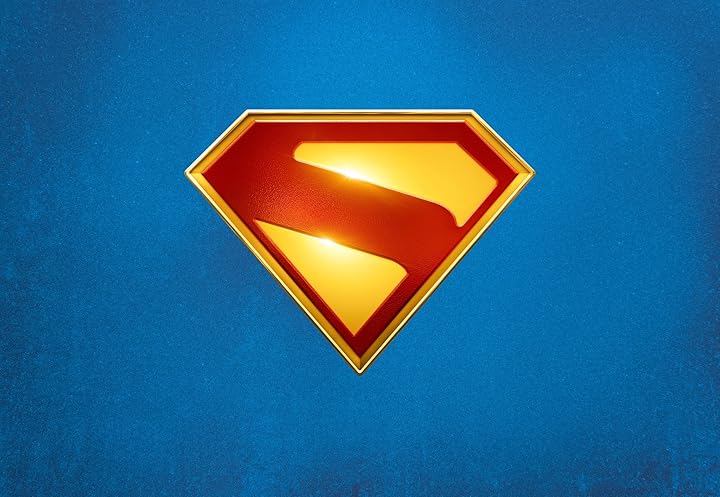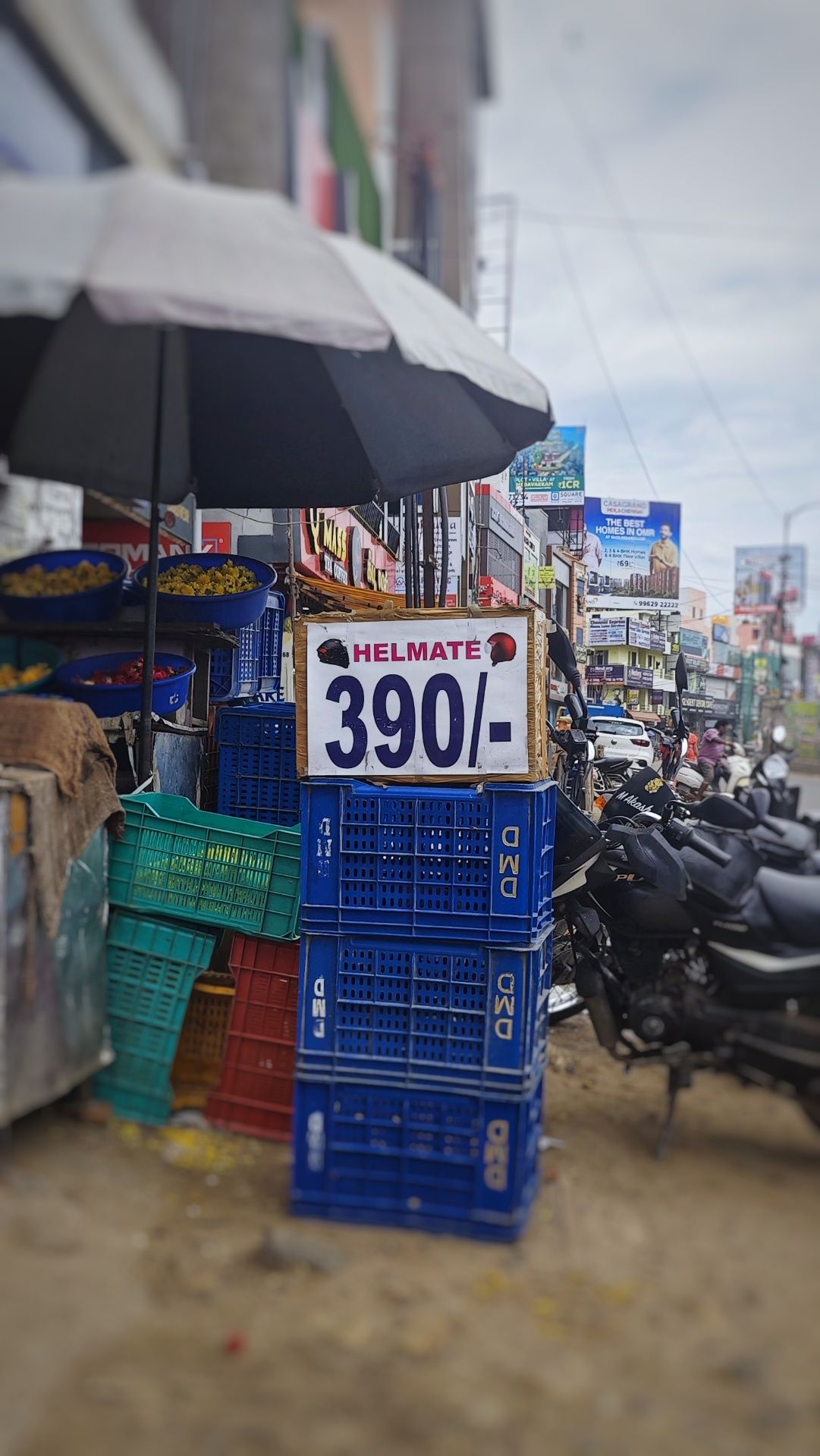I closed my laptop, walked a dozen steps, and plopped myself on the bed, when the words “I'm a big, big girl in a small, small world” appeared in my head, complete with a piano soundtrack. I didn’t know the artist, but a quick search led me to the song (earworm::Big Big World by Emilia) on YouTube. What amazes me is that I remembered the exact tune, the lyrics—everything was perfect in my memory.
A twinge of curiosity tugged at the edges of my thoughts. When had I last heard this song? I was confident I hadn’t heard it in the last decade—yet Last.fm told me otherwise: July 3, 2023. Hmm… Months had passed. What caused this song to resurface now, of all the countless tracks I’ve heard since then? And why now? I tried retracing my path through my thoughts. The thread vanished somewhere in the labyrinth of memory, a Theseus without Ariadne to guide me.
An hour later, I still didn’t know why the song sprang to life. I smiled, letting it be what it was: a fleeting, playful proof that thought and memory are never entirely ours to command. Maybe an errant misfiring synapse. Yet a reminder too, of some strange delights hidden in the quiet flicker of memory.



